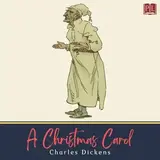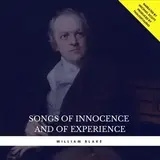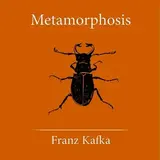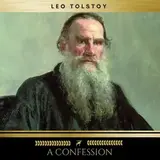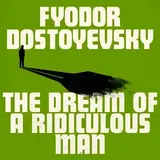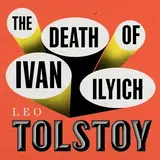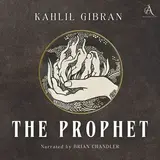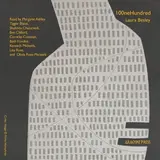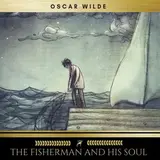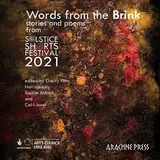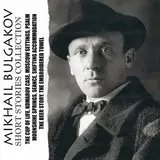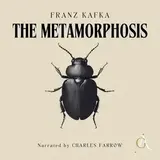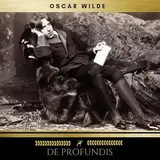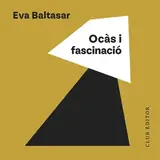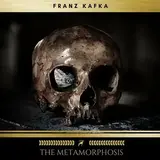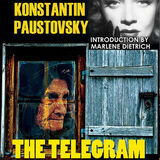

The Telegram
Narrador: Peter Coates
Duración 36 min
Konstantin Paustovsky was a Russian writer nominated for the Nobel Prize for literature in 1965, 1966,1967,1968.
Paustovsky began writing while still in Gymnasium. His first works were imitative poetry but he restricted his writing to prose after Ivan Bunin wrote in a letter to him: "I think that your sphere, your real poetry, is prose. It is here, if you are determined enough, that I am sure you can achieve something significant."
Paustovsky's prose, steeped in nostalgia and quiet sorrow, reaches its finest expression in
The Telegram—a story of distance, both physical and emotional, and the irreversible weight of unsaid words.
The Telegram is not merely a story; it is a whisper across time, a plea too late, a love unspoken until the silence swallows it whole. In Paustovsky's world, distance is more than geography—it is the fragile thread between duty and regret, between those who leave and those who wait. The past lingers in unmailed letters, in the hush of an empty house, in the shadow of a mother's gaze.
His words do not shout—they murmur, they breathe, they break the heart with a tenderness that lingers long after the final sentence.
Konstantin Paustovsky (1892–1968) lived a life as rich and unpredictable as the stories he wrote. Born in Moscow to a family of mixed Ukrainian and Polish heritage, he spent his childhood between bustling cities and quiet provincial towns, absorbing the rhythms of both. When his father left the family, young Konstantin learned early the weight of responsibility—a theme that would echo in his later works.
War shattered his youth. Forced to abandon his studies when World War I erupted, he drifted from job to job—working as a railwayman, a fisherman, a factory worker—anything to survive. But all the while, he wrote. As revolutions swept Russia, he became a journalist, witnessing history unfold in blood and fire.
His literary breakthrough came in the 1930s with
Kara-Bugaz, followed by a body of work that glowed with nostalgia and quiet beauty. His six-volume Story of a Life cemented his legacy—an evocative, deeply personal reflection on love, art, and the passage of time. A four-time Nobel Prize nominee, he remained a champion of truth and poetic realism, his words resonating far beyond the Soviet literary sphere.
Paustovsky's personal life was no less dramatic—three marriages, years of separation and reunion, love letters that read like novels. In his final years, plagued by illness, he retreated to Tarusa, a small town near Moscow, where he died in 1968 after a series of strokes. His words remain, whispering of regret, beauty, and the fleeting nature of life itself.
Publicado por: Strelbytskyy Multimedia Publishing
Título similares
Ver todosTambién te podría interesar...
Ver todos¿Cómo funciona?
Crear cuenta.
Crea una cuenta gratuita aquí.
Descarga la aplicación Voxa
Disponible para Android y iPhone en Google Play o App Store.
Pruébalo gratis 7 días
Tienes acceso a 200,000 libros y a toda la experiencia Voxa.
Puedes escuchar sin Internet
Descarga tus audiolibros favoritos y disfrútalos incluso sin conexión a Internet.

